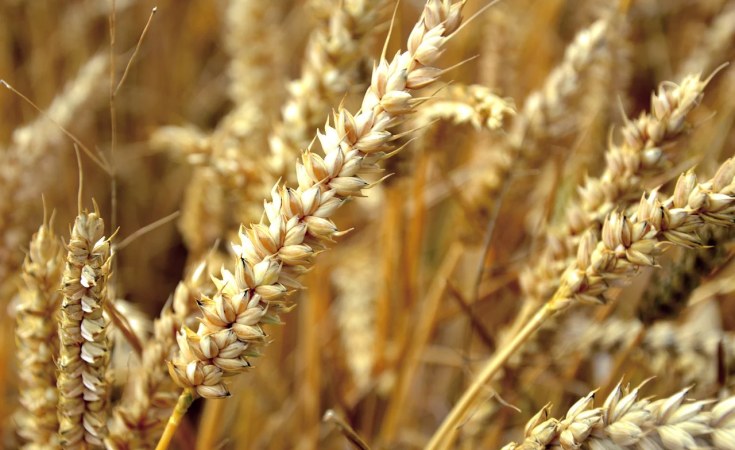Agricultural experts expect record wheat production this year following good rains that have already filled or almost filled most major irrigation dams, plus the farm dams many rely on for irrigation.
Water for irrigation in winter is so far guaranteed, with farmers urged to harvest rainwater for sustainable crop production since the initiative is a practical solution to crop moisture deficit.
Land preparation, including clearing, is underway and most farmers are optimistic of a bumper wheat harvest because abundant rains make the crop viable.
Zimbabwe last year saw a wheat harvest larger than annual consumption, the first time since commercial wheat production started in 1966 that self-sufficiency has been reached.
Former Zimbabwe National Farmers Union (ZNFU) vice president Mr Edward Dune said farmers had so far shown interest in planting wheat this year, adding that if the banks speeded up the process of giving loans to farmers, there was a probability of a bumper harvest.
He said timely disbursements of inputs and good rains so far received were a positive development for wheat production.
The farmers were anticipating more than last year's output, said Mr Dune.
National Farmers Union (ZNFU) president Mrs Monica Chinamasa said the dam levels so far meant winter wheat farmers should start preparations.
"The rising of dams signalise a bumper winter harvest this year and it was a good sign for winter farmers to start preparations," she said.
"This is very crucial for the winter crop such as wheat."
Zimbabwe Commercial Farmers' Union president Dr Shadreck Makombe said farmers should practise water harvesting to ensure they had enough water to irrigate crops in the winter period.
He urged farmers to fully use their land for maximum profits and allow exports, as well as self-sufficiency.
Zimbabwe is pursuing import substitution measures and wants to ensure adequate wheat supply from domestic production in the wake of geo-political disturbances in Eastern Europe.
The country last year put 80 000 hectares under wheat planted nationwide and achieved a milestone in wheat production by harvesting 375 000 tonnes of the cereal this year, the highest ever recorded since wheat growing started in 1966.
The attainment of soft wheat self-sufficiency is premised on Government's agricultural transformation anchored on active private and public sector participation.
Over the years, the country could not meet national requirements and had to import wheat from other countries.
Wheat is the second most important cereal crop after maize.


